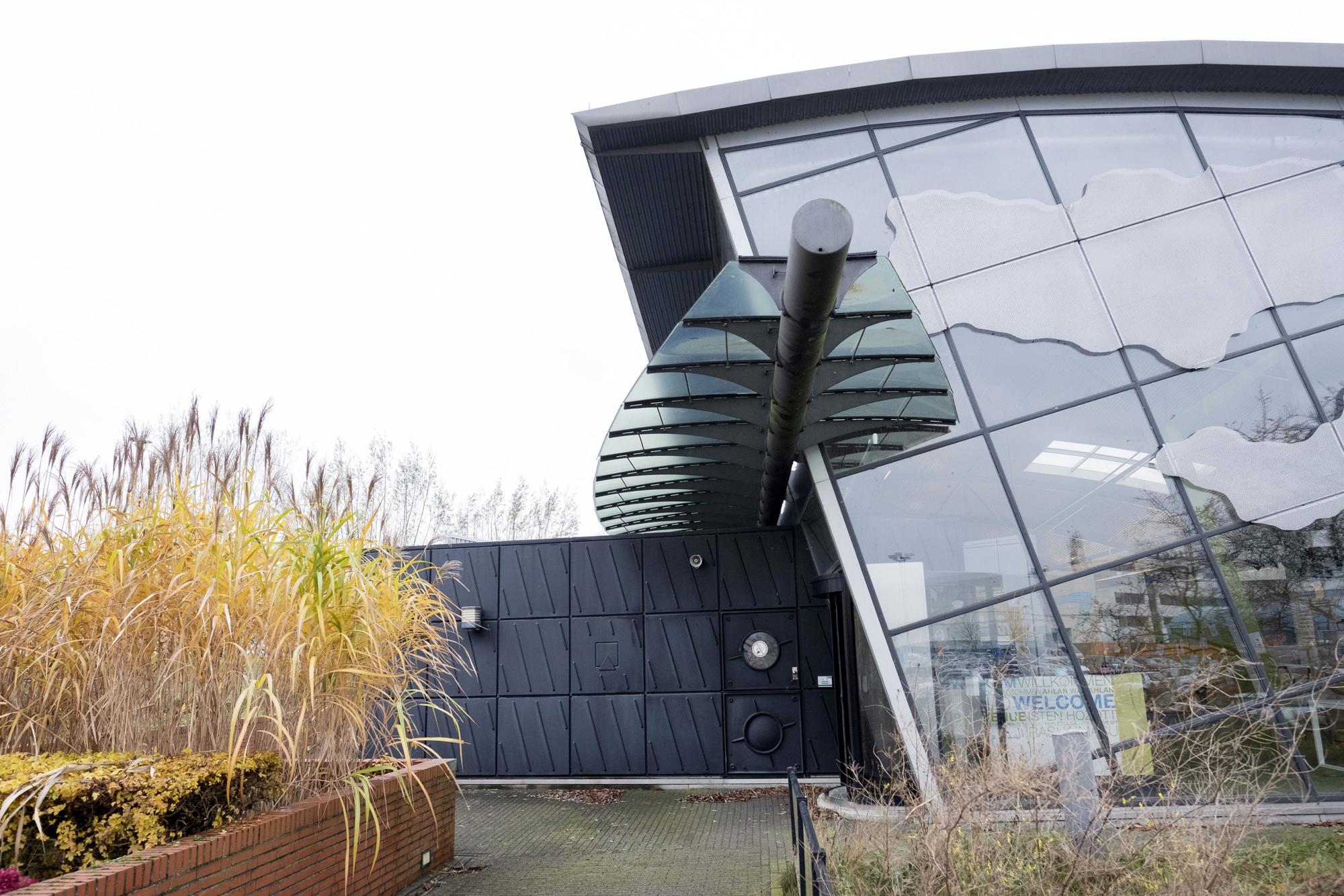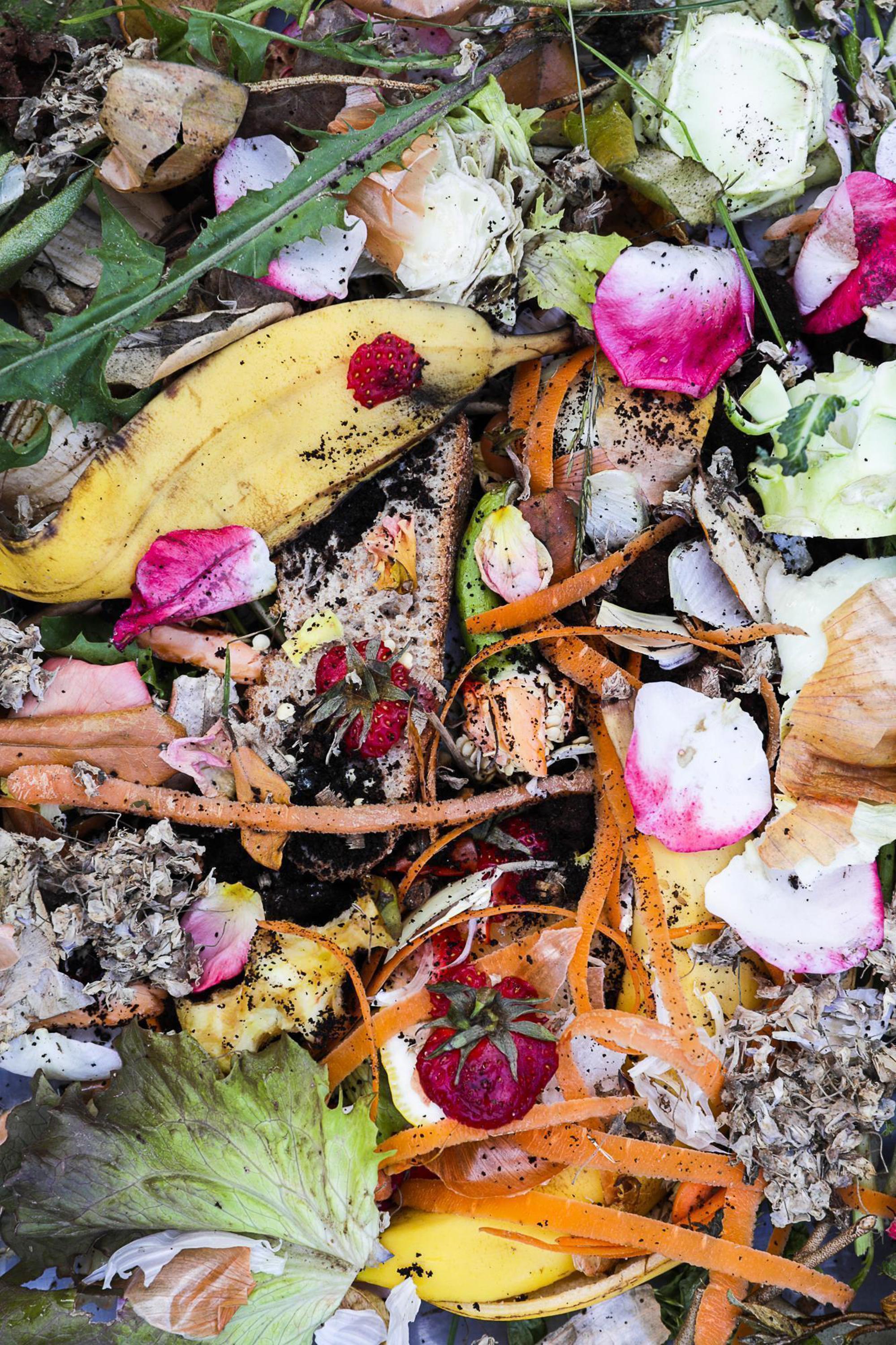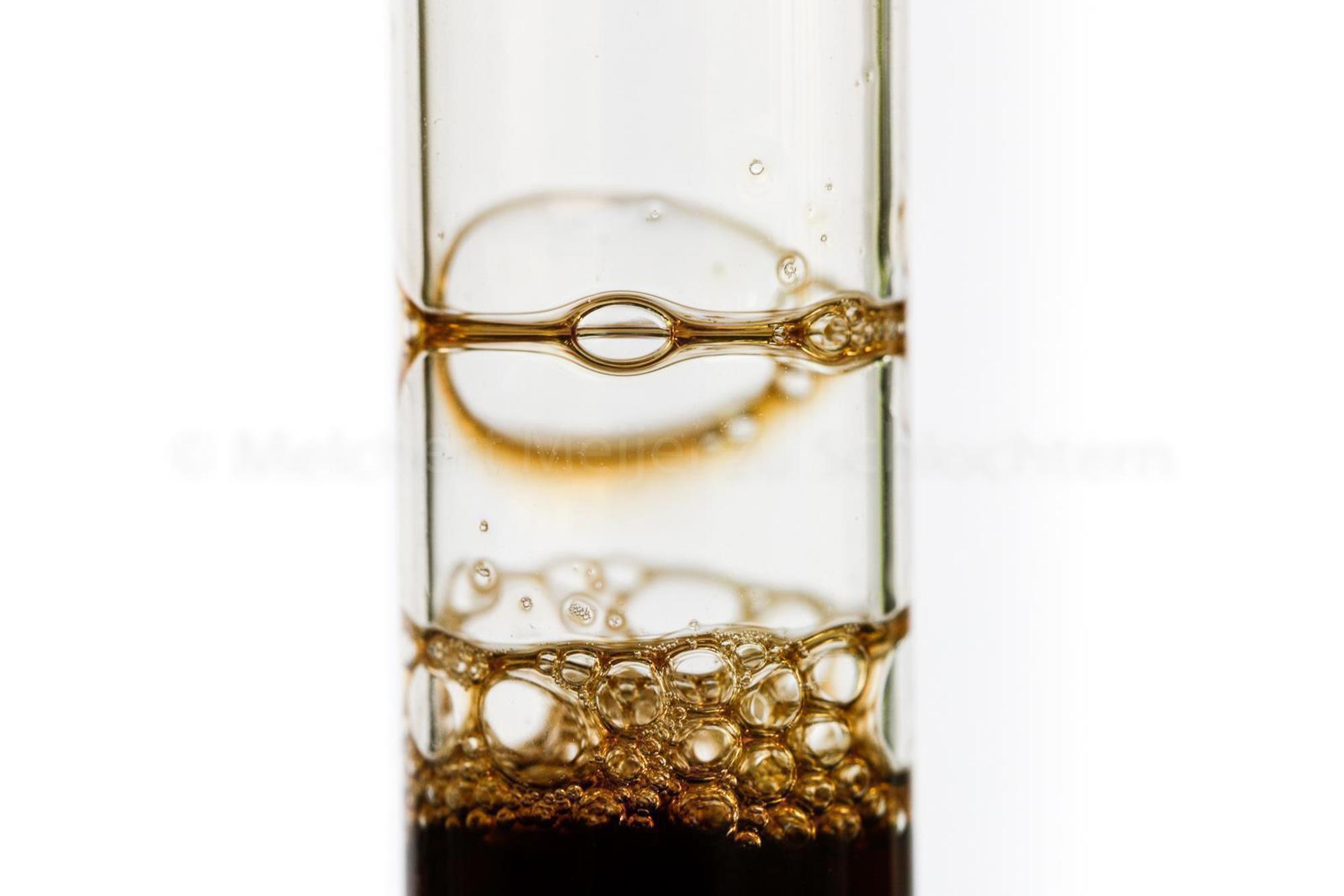At the Green Chemistry Campus in Bergen op Zoom, the Shared Research Center Biorizon develops technologies for producing bioaromatics. The ultimate goal: to help create products that are not only more sustainable, but also perform better.
These biobased raw materials - ranging from inedible sugars to manure - can be made into constituents for a shiny coating for your phone, the tyres for your bicycle or the plastic dashboard in your car. We are talking about bioaromatics, important building blocks for the chemical industry. But how do you modify them successfully, so that manufacturers can actually use them?
TNO (in the Netherlands) and VITO (in Flanders) had toyed with the idea of combining their strengths in the field of bioaromatics for some time. Following a round table session with representatives from the chemical industry, held in Bergen op Zoom in early 2013, they had the confirmation they required: there was a clear need for bioaromatics as a replacement for petroleum-derived aromatics. There were good reasons for this: no one had been bold enough to start working systematically on this application as yet, and the chemical industry was eager to collaborate with them. Furthermore, with all their knowledge, expertise and experience, they were convinced that they could establish a leading research centre.
So the two institutes joined forces to conduct research into new technologies. That collaboration led to the Shared Research Center Biorizon in Bergen op Zoom in Brabant. The work started on a laboratory scale initially, followed by pilot-plant testing and larger-scale production in a demonstration plant.
The breakthrough came in 2020: Biorizon is now capable of producing large samples so that more manufacturers can test the bioaromatics in their own products. “They can see that our bioaromatics improve their products and also make them more sustainable," says Joop Groen, Biorizon's managing director.

Biorizon is located at the Green Chemistry Campus in the municipality of Bergen op Zoom. Several entrepreneurs are working on upscaling biobased and circular innovations at the Campus and share various facilities at the site. Together with companies and other partners, Biorizon investigates different organic waste flows to determine their usefulness as a primary material for producing bioaromatics on an industrial scale.
Biorizon’s goal is to offer new raw materials for the chemical industry. “Waste is no longer an unusable residual product that you have to destroy - it is a valuable raw material”, says Joop Groen. “To successfully combat climate change, we need to come up with alternatives to fossil materials. Bioaromatics can play an essential role in creating a circular economy and reducing our global carbon footprint. We want to deploy our expertise to help make this happen.”
Biorizon focuses on the production of aromatics, which play a key role in determining the essential properties of products such as plastics, resins and coatings. Properties such as scratch resistance and resistance to UV light. As much as forty percent of all chemicals are aromatic in nature.
At present, these aromatics are derived from petroleum, however bio-based raw materials can also be used. Joop Groen estimates that “25 to 30% of our current organic waste mountain is suitable for making bio-aromatics”. Bioaromatics are green chemicals, which will ultimately be used as a sustainable alternative for various petrochemical products. This includes products that have so far been difficult to recycle, such as paint, glue and lubricants.
Biorizon aims to facilitate the commercial production of bioaromatics from 2025 onwards. Their potential is extremely promising, however the associated research is complex and costly. Because no one has ever done this before, complex plant and systems will have to be designed, developed and built. In order to produce pure chemicals with exactly the right properties from organic raw materials, new end-to-end procedures need to be established, implemented and improved.
Scaling up research and production to the appropriate level will require investments amounting to many millions of euros. “And of course it takes time and energy to create consortia to work together on these types of project,” says Groen. “Fortunately, the motivated, cross-border team members at Biorizon complement each other perfectly. Together, our knowledge and expertise in the field of developing and upscaling bioaromatics is unique in the world. As a result, we are the leaders in innovative new technologies for producing bioaromatics.”

Biorizon works with partners in all areas of the value chain, ranging from suppliers of biobased raw materials to manufacturers of products in which bioaromatics can be used. To share the costs initially, and the profits at a later stage.
Biorizon has now demonstrated that it can develop different types of bioaromatics from organic raw materials, in the quantities needed by industrial partners in order to test their application in finished products. Those trials show that the use of bioaromatics not only makes the products more sustainable, they are also better. For example, they are more resistant to UV radiation and have a better resistance to scratching. “Those are important selling points, because the sustainability argument on its own is often not enough to clinch a deal”, says Groen.
One of Biorizon's partners is Brabant-based Baril Coatings in 's-Hertogenbosch. As an SME and family business, Baril is acutely aware of its social responsibility. “Our research and development activities and our production approach target making our footprint as small as possible," says Joost Broeders, the company's technical director. “Because we are a relatively small player in the chemical industry, we realise that we cannot do this alone. So, we are constantly looking for ways of exploiting our strengths by joining forces with other partners.”
A helpful approach. Because, thanks in part to Baril’s input, Biorizon has been able to demonstrate that bioaromatics can be used in certain alkyd binding agents for paint. “In fact, we found that these biobased building blocks offer a number of benefits, resulting in at least the same performance across the board, and enhanced quality in specific areas”, says Broeders. “This simply strengthens our belief that the switch from fossil to biobased is irreversible. Rather than watching from the side lines, we want to continue to make an active contribution.”
The Green Chemistry Campus in Bergen op Zoom has been Biorizon's home base in Brabant ever since the Center opened its doors. This is where the very first discussions with the chemical industry took place, it is the place where all the team members meet and much of Biorizon's unique equipment is located in the demo facility at the Campus. The Campus network and the Circular Biobased Delta, of which both the Campus and Biorizon are important members, have both boosted Biorizon's development.
Biorizon has grown at a speed beyond all expectations and is now the most advanced and respected research programme in the field of bioaromatics in the world. For example, the Biorizon community includes almost 500 international members and the annual event brings many hundreds of participants from all over the world to Brabant.
They are all working together to achieve the ultimate goal of producing bioaromatics for use in a wide range of products on a commercial scale. Aromatics that make coatings, adhesives, polymers and many other products more sustainable and more functional.

Relement recently opened its facility at the Campus in Bergen op Zoom as the first spin-off from Biorizon’s research activities. The name Relement refers to ‘the renewable element’: i.e. the renewability of aromatics as an essential element. The company will produce and sell bioaromatics on a commercial scale for use in applications such as lubricants and coatings.
A raw material for making 100% biobased alkyd paint is one of the first bioaromatics that Relement will offer commercially. This paint product not only lasts longer due to improved resistance to scratching and UV radiation, it is also considerably more sustainable. Because oil is no longer needed for production, Relement will make a major contribution to reducing CO2 emissions from 2027 onwards.
Biorizon is convinced that a circular economy based on organic raw materials is the solution to the challenges faced by the European chemical industry. With that goal in mind, Biorizon focuses on scaling up technology to pave the way for industrial-scale production in the form of continuous processes.
Biorizon is currently setting up an application centre for the purpose of developing new applications together with customers. The intention is to optimally use and extend the knowledge, experience and equipment that already exist in the field of bioaromatics. This approach will result in continuous production processes for bioaromatic building blocks that are functional, sustainable, competitive and safe.
You can copy the full text of this story for free at the touch of a button